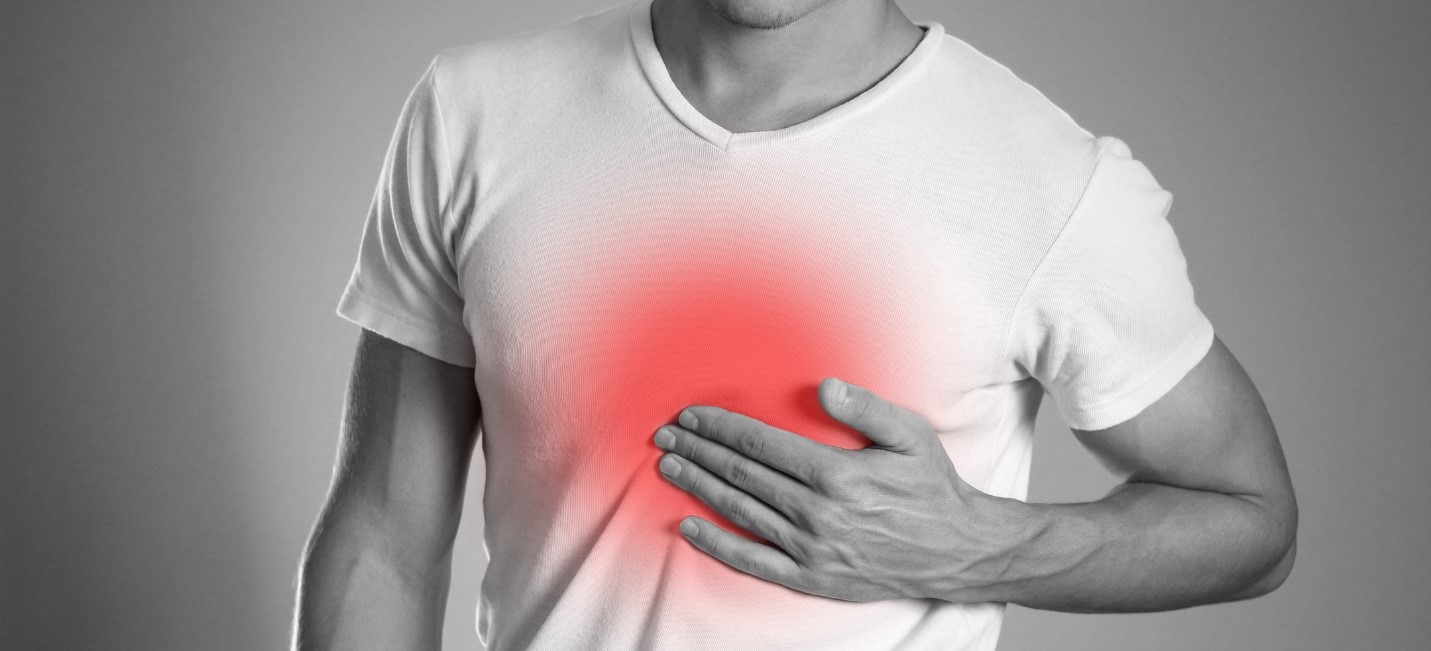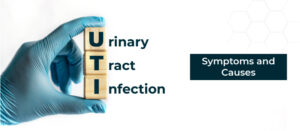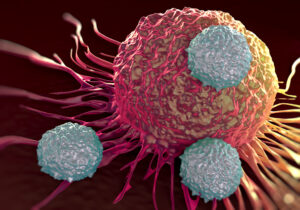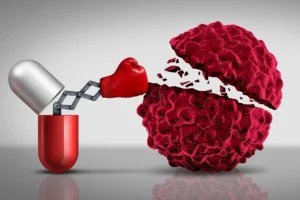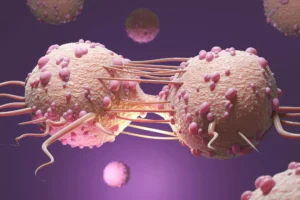Millions worldwide are affected by heartburn, a familiar yet often misinterpreted ailment. It is an uncomfortable burning feeling in the chest that usually rises to the throat and can mess up one’s daily routine. But what exactly is it? And why does it happen? This illuminating guide digs into the root causes of heartburn, lists its symptoms, and provides insight into what could be happening behind this confounding sensation.
At its core, heartburn is just a symptom of acid reflux, which occurs when stomach acids flow back into one’s food pipe or esophagus; this tube carries food and liquids from mouth to stomach. The term ‘heartburn’ describes that scorching pain behind the breastbone area caused by irritation due to exposure of these organs to such corrosive substances as hydrochloric acid (HCl), among others present in gastric juices secreted within our digestive system for breaking down proteins, etcetera.
Understanding Causes:
The development process involves several factors, like diet. Foods high in acidity or fat content, such as spicy dishes, citrus fruits, and carbonated drinks, may relax the LES, thereby directly irritating the lining thereof, called mucosa. Additionally, large quantities eaten at once, followed immediately by resting flat on your back, can make matters worse.
Other medical disorders that might predispose you include hiatal hernias, which occur when part of the tummy pushes through the diaphragm muscle, separating the chest from the abdomen, thereby interfering with the normal functioning of LES required to keep acids down there where they belong. Gastroparesis is another condition worth mentioning; it refers to the slow emptying of the stomach into small intestines, making one susceptible to frequent bouts of indigestion, while acid reflux may also be accompanied by persistent coughing due to irritation produced when corrosive substances touch-sensitive cells lining respiratory passages like the pharynx among others.
Recognizing Symptoms:
Heartburn presents as intense heat radiating outwards, starting around the sternum area after consuming meals lying flat or bending over. It can also come with a sour taste on the back tongue, difficulty swallowing foodstuffs or even liquids, feeling something stuck somewhere along the pipe leading into the belly button region, and occasional dry/wet coughs, depending on whether there exists any mucus production post-nasal drips, respectively.
Although occasional occurrences are commonly harmless, severe persistent episodes require medical intervention as they could signify serious underlying pathologies.
Understanding Mechanisms:
The esophagus has a lining different from other parts of the body considering its role, which involves transporting gained nutrients toward relevant sites for utilization in repair synthesis, etcetera. What we know as heartburn sensations, mainly felt within the chest, mimic features associated with myocardial infarction (MI), otherwise referred to as “heart attack.” It is, therefore, termed ‘heartburn’ because people used to believe their hearts were burning down due to unknown reasons.
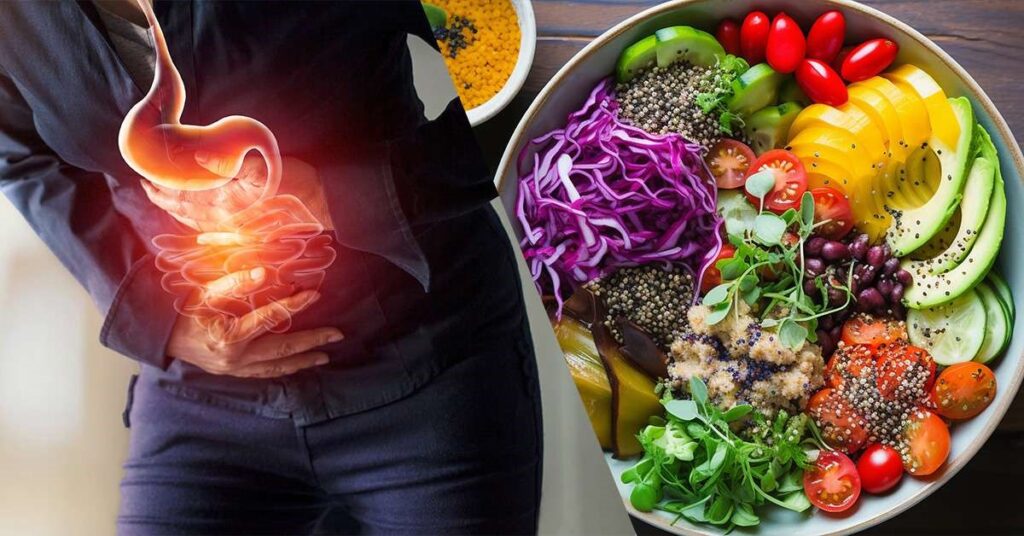
Management Strategies:
1. Diet Modifications:
Avoid Trigger Foods: Some types of food, such as spicy meals and acidic foods like citrus fruits/juices, may worsen heartburn symptoms. Fatty dishes and carbonated drinks are also common culprits; limiting one’s intake could relieve those suffering from frequent or severe cases.
Eat Small Frequent Meals: Having many small meals throughout your day instead of a few large ones could help prevent excessive distention within our bellies. This may push acid closer to the opening between our bellies and esophagus, resulting in more chances for us to feel burns there.
Maintain Healthy Weight: Extra fats, especially around the abdomens, increase the chances of experiencing GERD since they exert pressure on these organs, thus leading to higher risks associated with this condition. So, adopting healthier eating patterns to avoid heartburn coupled with regular exercise would be beneficial in managing pounds and alleviating heartburn symptoms.
2. Lifestyle Changes:
Quit Smoking: Smoking tobacco products weakens LES, thereby allowing more stomach content into our throats, which can cause severe cases of heart so it would be better if one quits smoking altogether or avoids secondhand smoke exposure whenever possible.
Alcohol Intake: Taking too much alcohol relaxes LES and increases acid production within the stomach, making someone vulnerable to frequent attacks of heartburn; therefore, moderating its consumption, particularly before going to bed, may help prevent such incidents from happening.
Raise Head Of Bed: When we lie flat on our backs during sleep time, acids will easily flow back up, aggravating signs and symptoms associated with GERD. However, if we elevate the upper part by about 6-8 inches, gravity will keep them down where they should stay—inside our tummies!
3. Over The Counter Medications:
Antacids: These drugs work by neutralizing excess gastric acids, providing temporary relief against heartburns; they come as tablets, liquids, or chewable tablets
H2 Receptor Antagonists (H2RAs): H2RAs block histamine signals in parietal cells lining stomach walls, thus reducing acid secretion. This results in longer-lasting symptom control compared to antacids, which only act for short periods but are not very effective when taken alone without combination therapy involving other types of drugs against this condition.
Proton Pump Inhibitors (PPIs): PPIs suppress the final step in the synthesis process, which is responsible for pumping out protons into the stomach cavity, thereby lowering the overall amounts produced by these organs. This leads to fewer severe forms, where systemic manifestations frequently occur, requiring admission.
4. Prescription Drugs:
Prokinetic Agents: These medicines stimulate movement along the digestive tract, including the LES, thereby enhancing emptying functions at different levels and reducing risks associated with regurgitation.
High-Dose PPIs: Severe persistent heartburn might necessitate higher doses than usual used over-the-counter products or even combinations involving more potent acid suppressants prescribed by doctors to achieve better control over patients’ symptoms.

